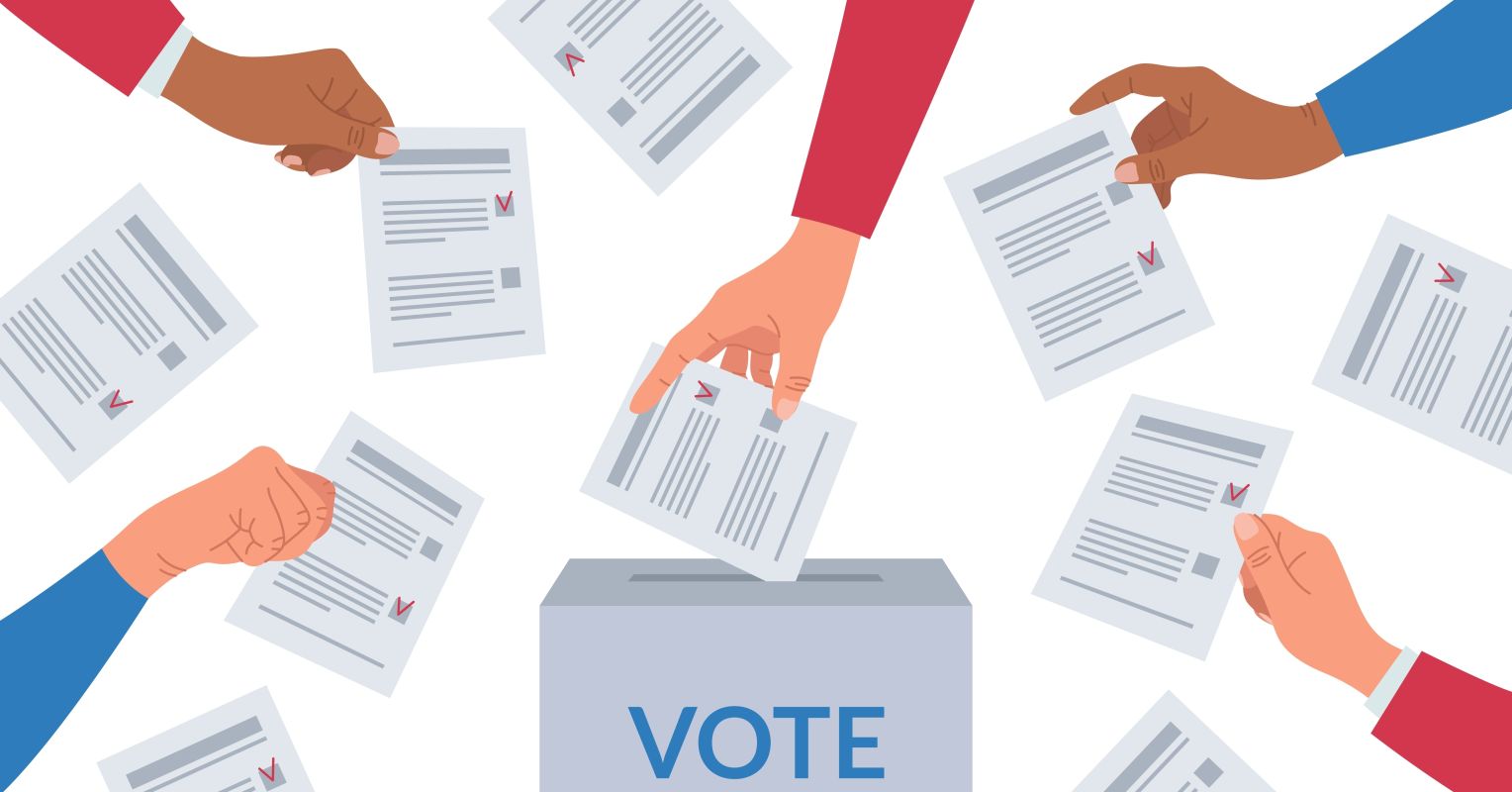
Anxiety is an apprehensive anticipation of future danger or misfortune, accompanied by feelings of worry, distress, and somatic symptoms of tension. The focus of this anticipated danger can be internal or external. Fear, on the other hand, is an emotional response to a perceived imminent threat or danger, associated with urges to flee or fight. For instance, if you have a fear of snakes and encounter one, you might experience a racing heart, butterflies in your stomach, and other physical symptoms. However, once the snake is gone, your fear typically dissipates. In contrast, anxiety often stems from more vague sources that can be harder to identify and remove, making it challenging to alleviate those anxious feelings.
Uncertain situations often evoke anxiety in some people. There are individual differences in our tolerance for uncertainty, shaped by genetics and life experiences, making elections particularly stressful for those with a predisposition for high intolerance to uncertainty. This stress can be especially heightened when they believe they lack all the needed information and guarantees they desire.
Intolerance of Uncertainty
Intolerance of uncertainty (IU) is a dispositional characteristic resulting from negative beliefs about uncertainty and its implications (1). This can manifest as:
- Increased stress and upset
- An inability to act
- A belief that uncertain events are negative and should be avoided
- A feeling that being uncertain is unfair
Research shows that IU is a significant predictor of depressive symptoms, with higher levels linked to more severe outcomes (2).
The Context of Our Current Climate
We entered this election season after a pandemic. Since the World Health Organization declared COVID-19 a pandemic on March 11, 2020, millions of voters have been struggling with Long COVID symptoms (3). This means that many Americans are now biologically, cognitively, and psychologically vulnerable.
The complexity of ballot measures can be daunting, even for those with advanced degrees. Misunderstanding a measure and inadvertently voting against your beliefs—especially on social issues you care deeply about—can lead to intense feelings of guilt, sadness, regret, and shame. This “moral burden” can be significant, as individuals wrestle with the fear of making the wrong choice on issues that truly matter to them.
Strategies to Manage Election Anxiety
- Reflect on Information Sources: Some sources are designed to evoke overwhelming worry to get you to pay attention. When you look up information—especially conspiracy videos—ask yourself: was that helpful? Did it genuinely aid in making a more informed decision? Pay attention to your bodily sensations during this process. Was it worth it? Reflect on your thoughts: was the video worth clouding your mind?
- Increase Your Sense of Control: Anything that increases perceived control will reduce anxiety. Remind yourself that you matter, and your vote matters. The fact that you have the power to choose who to vote for is independent of the outcomes. Remember, there will be another election in just four years, giving you another chance to make your voice heard. Also, think about how you can impact your local community in meaningful ways. Your influence goes beyond the ballot.
- Be Mindful of Bodily Sensations: Notice how your body responds to anxiety, and try not to catastrophize these bodily sensations. Acknowledge any feelings of hopelessness or helplessness related to the elections as soon as they begin, as these thoughts can contribute to depression.
- Recognize Camouflaging Anxiety: For many, election anxiety serves as a form of “camouflaging anxiety,” masking deeper emotional pain. For example, if you dislike your job or have a difficult boss, you might project that anxiety onto the election, using it as an outlet to exert a sense of control that you feel you lack in your work situation.
- Acknowledge the Pleasure of Worry: Some individuals find comfort in worrying in a non-damaging way, viewing it as an intellectual exercise. Elections provide an opportunity to indulge in this tendency by engaging in political analysis and thoughtful consideration of the issues at stake.
- Waiting Well-Practice Pre-Emptive Benefit Finding: Assume that your preferred candidate did not win; consider what issues you might agree with in the opposing candidate’s platform. This strategy has been shown to promote emotional well-being (.
- Budget Your Worry Time: Allocate specific times for your election-related concerns. For example, set aside a half-hour from 6:00 to 6:30 p.m. to focus on your worries. Write them down on a sticky note and discard them at the end of that period. Don’t let constant worries about the elections compromise your present moment. Persistent anxiety can create blind spots, causing you to miss fleeting opportunities.
- Be Aware of External Pressures: Lastly, recognize the barrage of messages surrounding voting on propositions or requests for donations. Every time you engage with these texts, you might receive overwhelming ads that can induce a moral burden. Acknowledge the moral weight of your choices. Understand that feeling burdened is common, and it’s important to process these feelings rather than letting them overwhelm you. This feeling is an indication that you are a conscientious citizen.
By implementing these strategies, you can transform election anxiety into a powerful opportunity for personal growth and engagement. Remember, your voice matters, and your choices can shape the future of your community—not just at the ballot box, but in everyday actions that foster positive change. Embrace the journey with resilience, knowing that you have the tools to navigate uncertainty and create a better world beyond the election.

